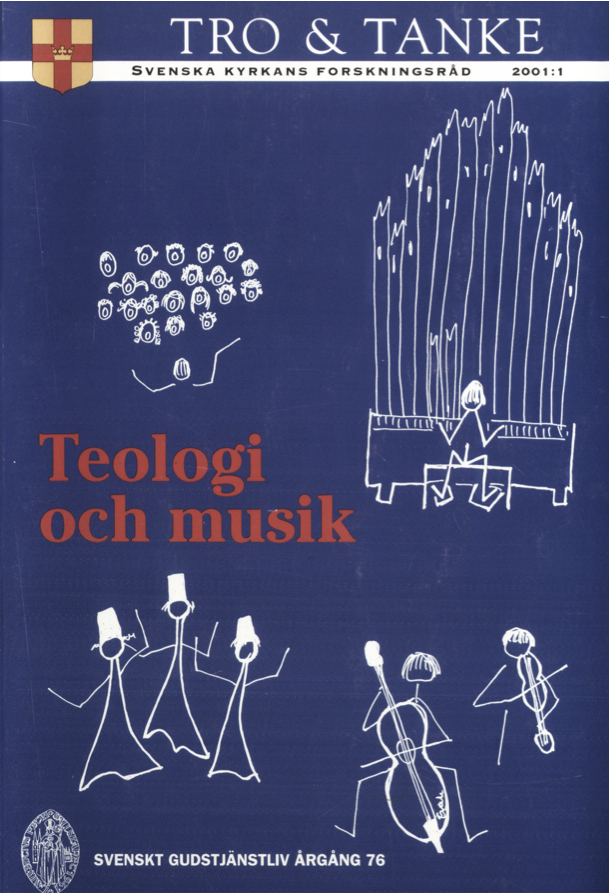Rituell musik och islamisk mystik, det mesta i Turkiet
Abstract
From the position of a participant, the setting where the “whirling dervishes” perform their dancing is described in this article. Music plays an important part; some Muslims reject music as leading people to destruction, while others praise music for its possibility to search for divine love or religious intoxication.
Music— singing and instrumental music— is an important feature of the sufis’ ritual practice. It helps a human being to efface individuality and be joined with uttermost reality— and to rest there. Wine intoxication is an im portant symbol in the poetic rendering of this goal.
In all sufi rituals, dhikr, the remembrance of God plays a central role. It is a repetitive prayer, where one of God’s names or the first part of the confession of faith—“there is no god but God”— is being repeated as a mantra. The Cerrahi sufis’ rites in Istanbul are described in the article from a participant perspective. Among other things these rituals contain a number of elements which cannot easily be transferred into language. The author maintains that one explanation for people’s devoting themselves to religious symbols can be found exactly in the fact that they form a kind of non- linguistic representation which conveys physical and mental experiences and cultural and social values in a way that other media cannot do.
Downloads
Published
Issue
Section
License
© the authors, Laurentius Petri Sällskapet för Svenskt Gudstjänstliv and Artos & Norma Bokförlag. Copying and using material from Svenskt Gudstjänstliv for scholarly purposes is permitted as long as the source is indicated. For other uses, please contact the respective author as well as the publisher. Special restrictions may apply to images.


